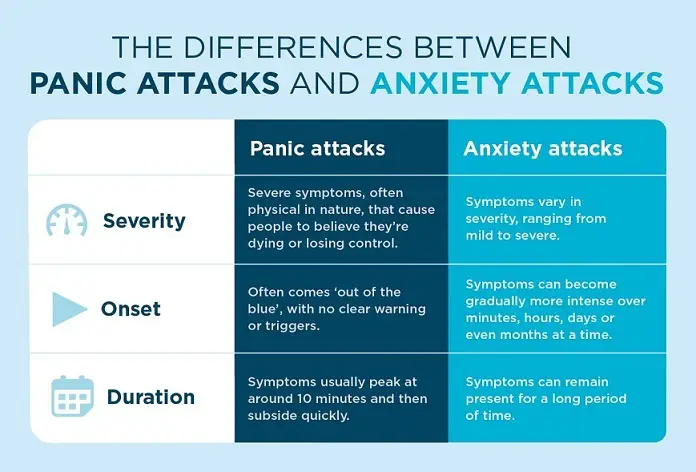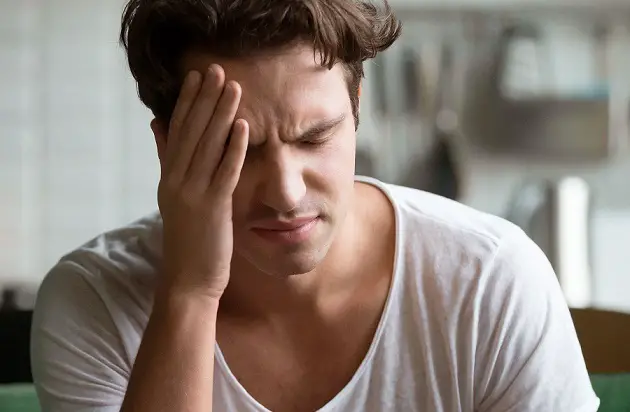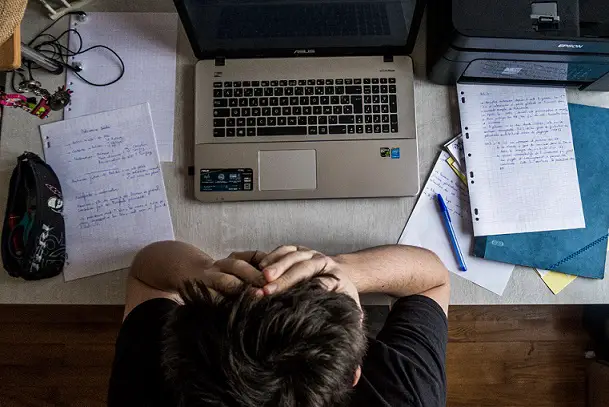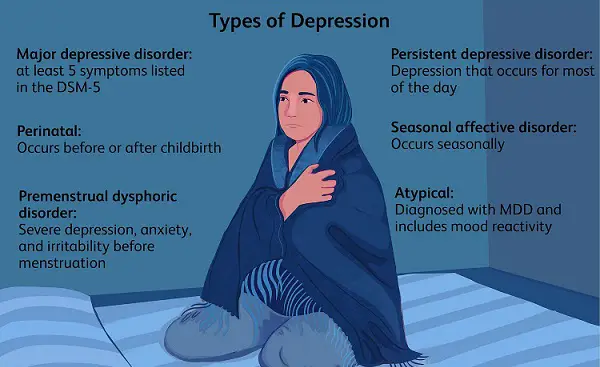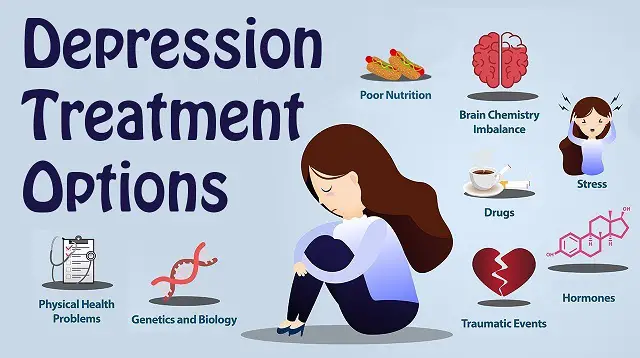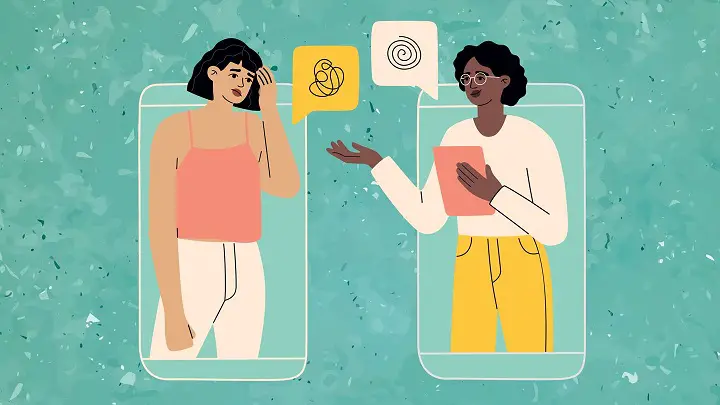
Is there any cure for depression?
Is there any cure for depression?
There is no cure for depression, but many different treatments are available to manage the symptoms.
The symptoms of depression vary between individuals. A treatment plan that includes medical intervention, support, and lifestyle changes can enable a person with the condition to lead a normal and fulfilling life. However, finding the right treatment plan is a process that can take time.
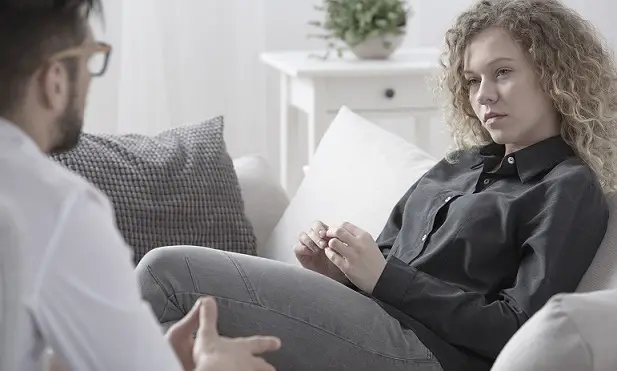
Alternative therapies cannot treat depression alone, but some may complement conventional medical treatments and therapies.
Can You Cure Depression?
Depression is a lifelong condition, and there is no cure for it. However, this does not mean that it will affect a person’s life every day. Remission is possible with the right treatment plan. The treatment plan may need to be adjusted throughout a person’s life.
Depression is one of the most treatable mental health conditions. Between 80% and 90% of people with depression respond well to treatment, meaning they see an improvement in their symptoms or the symptoms disappear.
Recurrent Depression
It is common for a depressed person to experience depressive episodes between periods of remission in which they have no symptoms.
Not everyone who recovers from depression will need ongoing treatment, but those who stop treatment may have a depressive episode.
Although a person may have had no symptoms of depression for years, a period of stress, a significant life change, or grief can trigger a depressive episode.
It is not always possible to predict the triggers for depression. Some people may find that paying attention to the events, feelings and situations immediately preceding a depressive episode helps them to identify a possible cause. Being aware of their triggers can help a person avoid future depressive episodes.
After a depressive episode, a person may wish to review their treatment plan. Medication, therapy, or assistance may need to be adjusted.
Stress is a common trigger for depression. Stress management can help prevent symptoms of depression.
Some tips for managing stress include:
- drinking lots of fluids
- eating a healthy diet
- getting enough sleep
- talking to family or friends
- limiting alcohol and caffeine consumption
- practising mindfulness
- take less responsibility at work
It is not always possible to avoid stress. Homecoming, busy periods at work, or relationship difficulties can all be a part of life. If a person knows that a stressful event will happen to them shortly, careful planning can help reduce the risk of triggering a depressive episode.
Good organization and planning for change can help. A person can talk to family and friends about support and coping strategies. Taking time off from work or taking time off to relax at the weekend can also be beneficial.
Treatment
About 15.7 million adults in the United States have experienced depression, but only about one-third of these individuals seek treatment.
People may avoid getting treatment because they think the problem is not serious, that depression is shameful or weakness, or that they can treat it themselves. Depression is a serious medical condition that requires treatment from a professional.
Depression can be mild, moderate or severe:
- mild depression has some impact on daily life
- Moderate depression has a significant effect on daily life
- severe depression can make everyday living impossible
The treatment plan will depend on the severity and type of symptoms and what the person wants from treatment. A medical professional can help the person design a treatment plan. The plan may include therapy, medication, and lifestyle measures.
Severe depression often requires a combination of treatment and cure. For moderate depression, a doctor may recommend medication. For mild depression, exercise, self-help, and therapy can work well.



